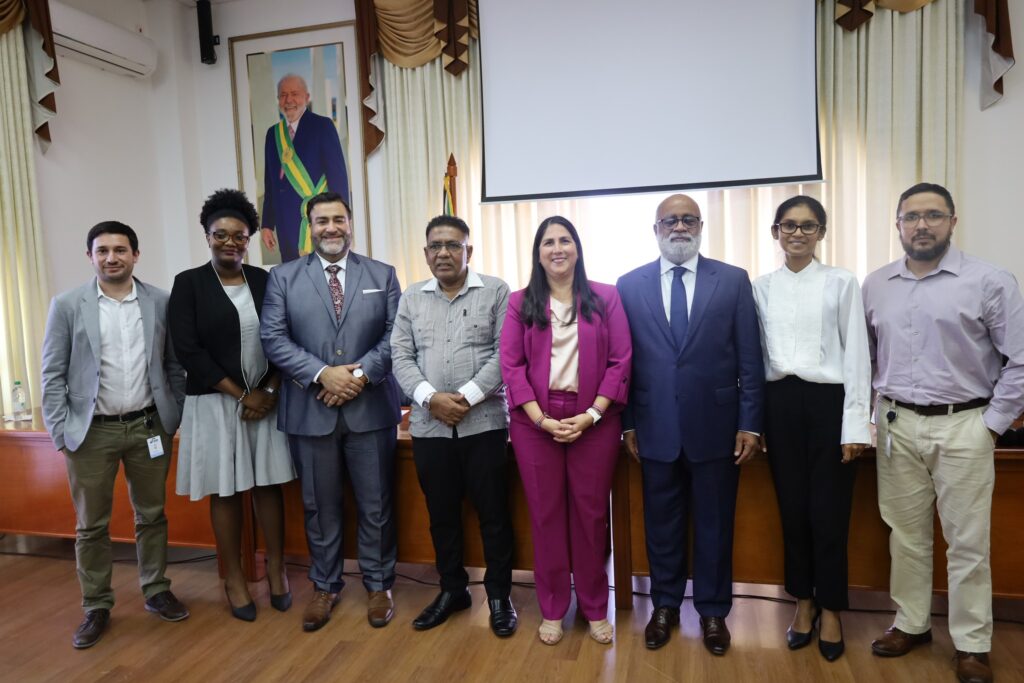
The Ministry of Agriculture has launched the Agriculture Information System (AIS), which will be used to gather, analyze, and disseminate agricultural data in real-time.
Once operational, the new system will allow farmers, extension officers, and media personnel to access real-time information on agriculture.
During the launching on Monday, Agriculture Minister, Zulfikar Mustapha, noted that the information system will also allow the Ministry to plan ahead, which can ensure more efficient decision making.
He said the system will also boost productivity and cement Guyana’s position as a leader in Agriculture and digitization.
“So, what this will do, this will help us first of all to identity those persons who are in the various sectors and it will also help us to plan because we want to modernize this sector and this is part of the modernization that we are talking about—moving it, so that we can have better system in place,” Mustapha noted.

The Agriculture minister said because of the importance now being placed on Agriculture, it is important that there be streamlining and getting things done in a formal manner.
He noted that challenges which have been faced by the sector in the past are likely to be addressed with the AIS come into operation. The platform has been created by local digital company, IntellectStorm.
“All of us that are in the Agriculture sector, would know that we have had a number of issues in relation to data collection, so much so, that when we had one of the most devastating floods in the history of our country, we had a number of issues in identifying beneficiaries, although at that time the government had made $7.8B for farmers to go back to the land—we all knew how the farming population increased tremendously at that time,” Mustapha stated.
Meanwhile, the new initiative will also allow the Ministry to access daily reports from all extension officers nationwide.
The AIS will also feature a farm register module. The end goal is create a comprehensive database for farmers which will include unique identifiers, contact information, geolocation, acreage, tenure type or purpose, and other pertinent information.
The AIS will be complemented by AIS hubs located in 8 of the 10 administrative regions. The hubs will serve as collaborative spaces for extension officers.













You must be logged in to post a comment Login